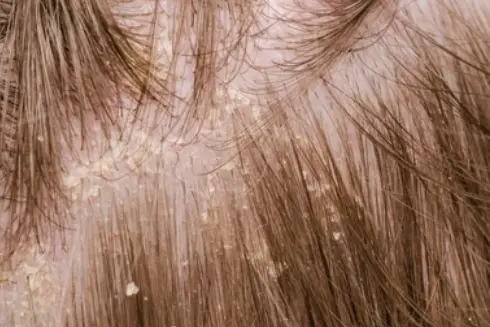 Welcome
Welcome
“May all be happy, may all be healed, may all be at peace and may no one ever suffer."
- A
- B
- C
- D
- E
- F
- G
- H
- I
- J
- K
- L
- M
- N
- O
- P
- Q
- R
- S
- T
- U
- V
- W
- X
- Y
- Z
Bipolar mania - Generics
Bipolar mania is a type of episode experienced by individuals with bipolar disorder, characterized by an elevated or irritable mood and increased energy or activity levels. During a manic episode, individuals may experience feelings of grandiosity, racing thoughts, decreased need for sleep, increased talkativeness, impulsivity, and risky behavior.
Bipolar mania can be classified as either bipolar I disorder or bipolar II disorder, depending on the severity and duration of the manic episode. In bipolar I disorder, the manic episode is severe and may require hospitalization. In bipolar II disorder, the manic episode is less severe, called a hypomanic episode, and may not require hospitalization.
Bipolar mania can be difficult to manage and can significantly impact an individual's ability to function in daily life. Treatment for bipolar mania often involves a combination of medications and psychotherapy. Mood stabilizers such as lithium, antipsychotics, and certain anticonvulsants are commonly used to manage symptoms. Psychotherapy, such as cognitive behavioral therapy (CBT) or psychoeducation, can help individuals with bipolar mania learn coping strategies and improve their quality of life.

Malignant Hypertension

Latent tetany

Alcohol withdrawal syndro...

Seborrheic dermatitis of...

Missed abortion

Colorectal cancer

Pain

Pupil dilatation
Bipolar mania, বাইপোলার ম্যানিয়া
To be happy, beautiful, healthy, wealthy, hale and long-lived stay with DM3S.